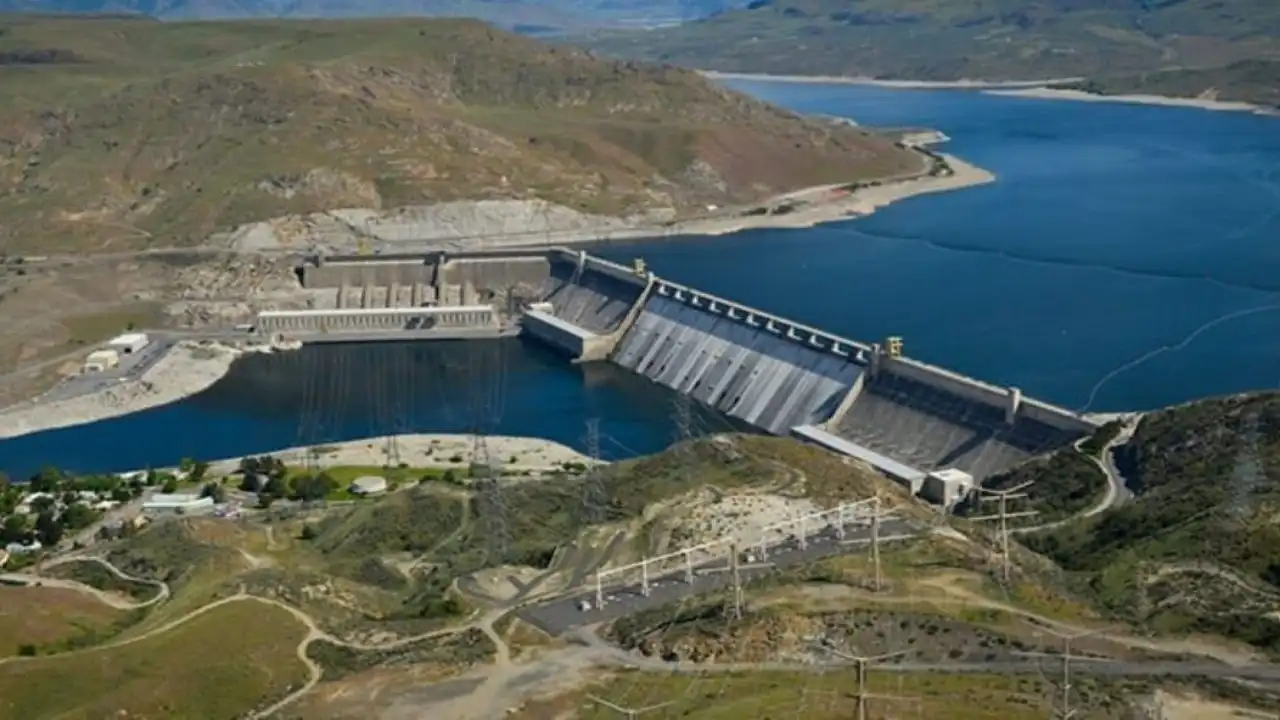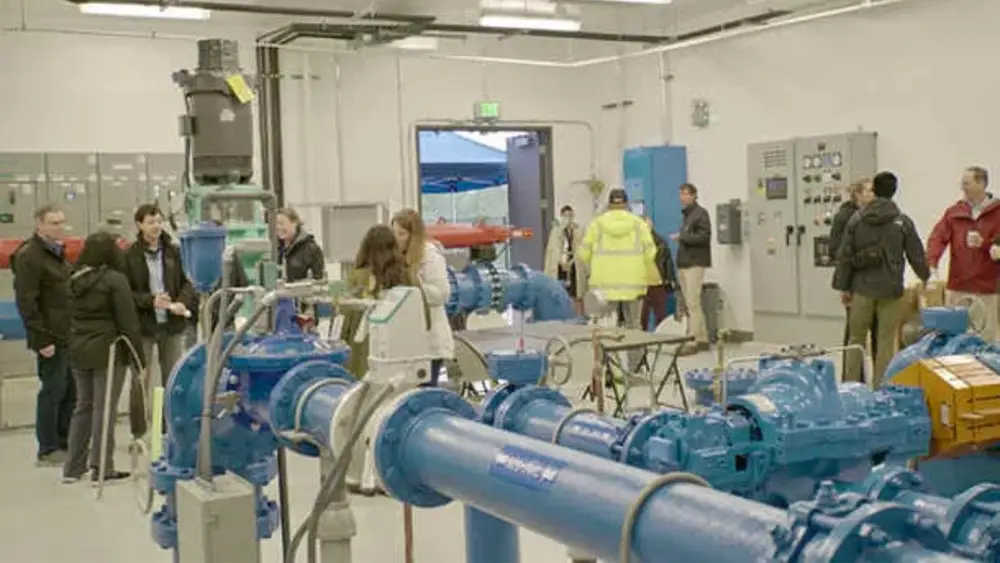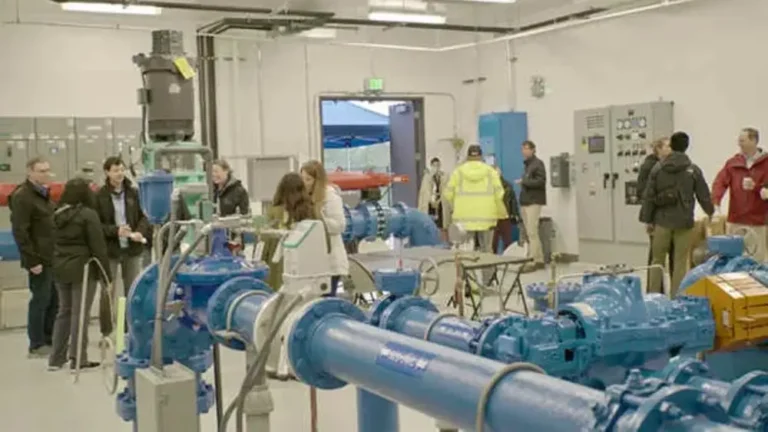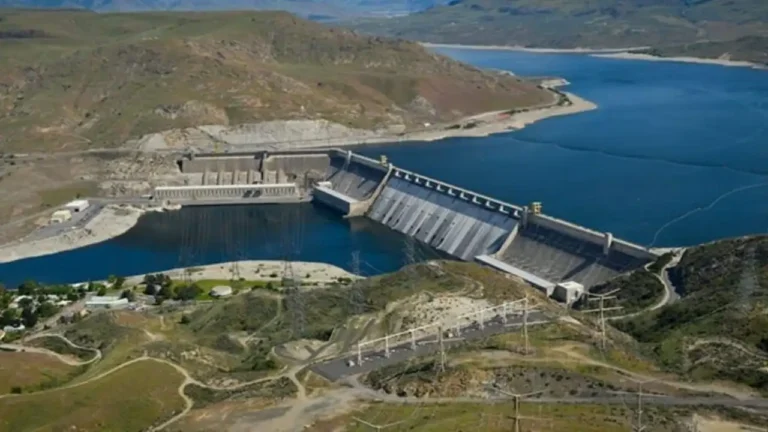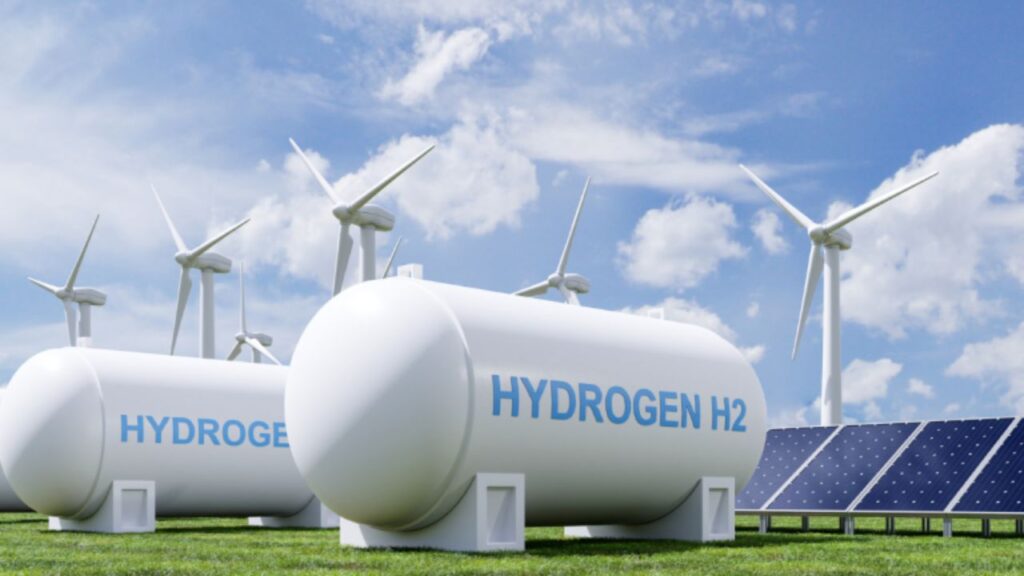
- It’s conducting studies on the use of water in hydrogen production.
- It focuses on the enhancement of electrolysis efficiency to produce renewable energy.
- The report addresses innovative solutions in producing friendly environments’ solutions.
- All efforts are integrated towards the country’s renewable energy and carbon objectives.
The Netherlands has recently initiated a landmark study optimizing water usage in hydrogen production. As hydrogen is scheduled to be the fuel of the future of clean energy, this initiative will make its production environmentally friendly and economically viable while enhancing resource efficiency. It addresses critical sustainability challenges for hydrogen in the energy transition, starting from focusing on the finite and essential resource that is water.
Also read: DEME Wins Key Cable Installation Contract for Dutch Offshore Wind
Hydrogen is gaining popularity as a source of clean energy in the transition towards a cleaner world. Applications of hydrogen are seen in energy storage, industry, and transportation. The most sustainable form of hydrogen is green hydrogen because it is produced by the electrolysis of water, and renewable energy sources are used.
Electrolysis splits water into hydrogen and oxygen through electricity, and no carbon is emitted. This process, however, is water- and electricity-intensive, thus more expensive than hydrogen produced from fossil fuels. In order to balance environmental sustainability with cost-effectiveness, efficiency improvements in electrolysis will be crucial as demand for hydrogen increases.
The Dutch government responds to this challenge. Starting October 25, 2024, the research underlines the necessity to save water in the process of electrolysis, that is making green hydrogen more scalable for production. A new level of standards on the way to hydrogen production shall reduce environmental impact with increased economic viability.
The research centers its focus on the electrolysis process itself. Electrolysis relies on high-grade water, which in most cases is freshwater. The availability of this resource is therefore limited. Another purpose of this project is alternative materials that also increase efficiency and reduce the amount of water used.
Also read: Hawaii Gas Seeks Rate Hike Amid Renewables Shift
Transition metal-based catalysts may increase the rate of the reaction so that an increased quantity of hydrogen is produced using lesser amounts of water and energy resources. The use of catalysts can make the process more cost-competitive than other conventional fuels but reduce its footprint on the environment.
The paper also explores reverse osmosis membranes to establish whether poorer water, such as seawater, may be used as long as it is adequately filtered. Through modifying existing technology to work with more readily accessible supplies of water, this Dutch endeavor seeks to reduce the consumption of fresh water during the production of hydrogen. This will only make the process more environmentally friendly where water is going to be scarce.
The activity is in accordance with the long-term visions of the Netherlands on environmental issues. The Netherlands, which has set its target to reach carbon neutrality by 2050, keeps hydrogen at the core of its strategy for energy transition. Focusing on water efficiency, it aims to make hydrogen a viable and sustainable replacement for fossil fuels. The study calls into attention that the transition to clean hydrogen should not be done at the cost of depleting basic resources like water.
It would also add another kind of economic benefit. With such a water-saving process to produce hydrogen, the system can bring down the overall costs to make the service accessible to various applications.
Also read: Pennsylvania Ranks 48th in U.S. for Renewable Energy Growth
Such a scheme might be able to attract partnership and investment opportunities into the renewable energy sectors of the Netherlands for further development in job opportunities through green technologies while enhancing the independent sources of energy. By taking the lead in water-efficient hydrogen production, the Netherlands sets itself at the forefront of the global green hydrogen market.
The focus of the Dutch government on water-efficient hydrogen production gives an example for sustainable energy practices. With technological innovation and strategic resource management, the Netherlands will work towards refining the hydrogen production process in a way that is environmentally friendly as well as economically feasible.
As green hydrogen becomes the core of the energy transition, initiatives like this one can be a blueprint to balance resource use and sustainability. By focusing on water efficiency, the Netherlands makes a contribution toward a more responsible energy future while furthering its own goals in the clean energy landscape.

